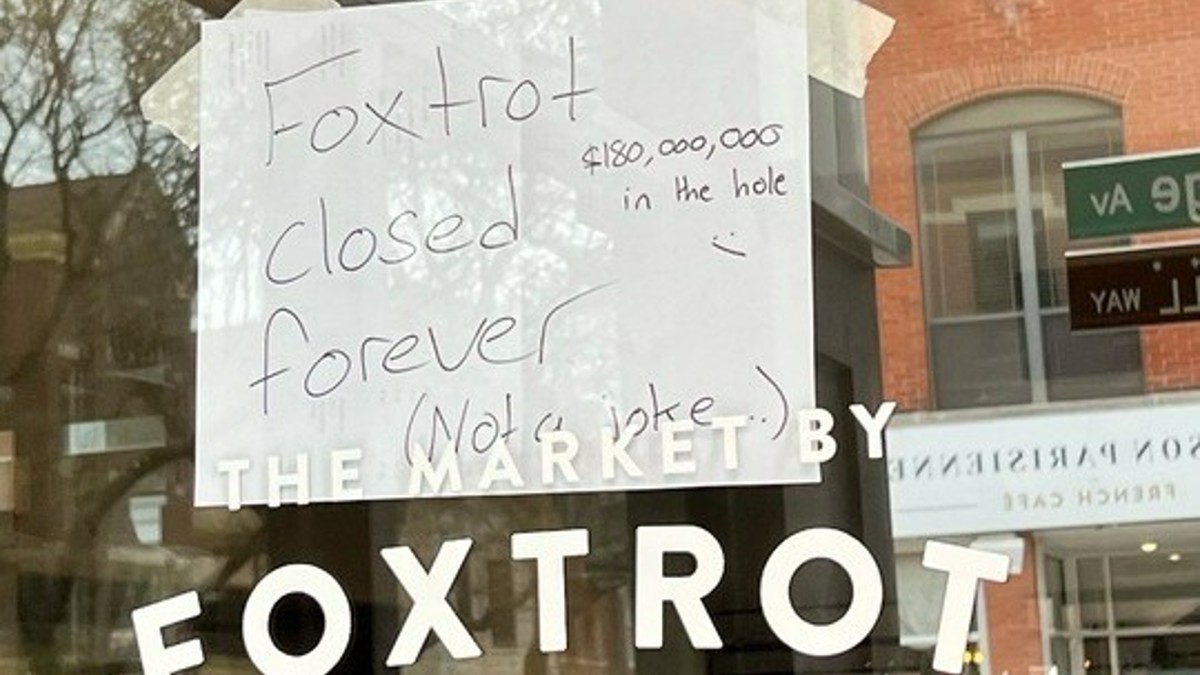This has been a raw and emotional week for Asian Americans across the country.
After months of an increase in anti-Asian hate crimes, the killing of six Asian women at Atlanta area spas has sent more waves of shock and anger.
Local advocates are speaking out against the violence and the alarming data gathered over the past year.
According to a new report by Stop AAPI Hate, anti-Asian hate crimes increased by nearly 150% in 2020. Nearly 4,000 incidents reported in all 50 states, from slurs to physical attacks.
Get DFW local news, weather forecasts and entertainment stories to your inbox. Sign up for NBC DFW newsletters.
New York and California have seen the sharpest increases in incidents targeting Asian Americans, with many attacks targeting elders. Some have died from their injuries after being pushed, punched, spat on or slashed.
Texas is not immune. Last March, a Midland family was stabbed at a grocery store after the FBI said the suspect thought they “were Chinese and infecting people with the coronavirus.”
Around the same time, a Richardson restaurant spoke out about customers repeatedly asking Asian staff members if they had the coronavirus.
Last weekend, a San Antonio ramen restaurant was defaced with racist graffiti. Red spray paint on a window of his Taiwanese ramen spot Noodle Tree read "Kung Flu" while an outside table was covered in the words "Go back to China."
According to a study by the Center for the Study of Hate and Extremism, overall reported hate crimes in Dallas and Houston have doubled in 2020 from the year before, with Dallas reporting more than 60 incidents.
Local
The latest news from around North Texas.
In 2019, there were no incidents targeting Asian Americans in Dallas but in 2020, six hate crimes were reported. However, there is concern those numbers are underreported, as many in the community have shown fear in speaking out.
“Whether it’s personal or violent incidents, for it to all come to nothing can be very, very frustrating,” said Susan Philips, president of the Asian Chamber of Texas in Dallas, in an interview with the Dallas Morning News. “I know that’s just the nature of the beast, but culturally speaking, this is how the Asian culture in general looks at these types of incidents.”
According to the Texas Demographics Center, 1.5 million Asians are living in Texas. It's the fastest-growing ethnic group in the state and among the fastest in the country.
Teachable moments
This week, emotions for the Asian American community came to a boiling point with the shootings in Atlanta.
“Racism toward Asian Americans didn’t just begin with the pandemic. It’s always been around,” said Catherine Ticzon, a teacher for Teach for America DFW.
Ticzon’s family is from the Philippines. She grew up in both the United States and with her family abroad.
“I do carry a lot of pride with that,” she said.
After spending her middle school years in the Philippines, she experienced her first challenge with cultural identity upon her return to the states.
“At that time we move back to Chicago. I was one of the three Asian people in my class and I just knew I had a model minority stereotype put on me. And it was very burdening emotionally on me,” Ticzon said.
Now with her role as a teacher, she’s on a mission to stop hatred in its tracks at an early age through education.
She recalled one of her students asking a question about her Lunar New Year display in the classroom recently.
"I had a student say, ‘Oh isn’t that where the Chinese virus came from?’” Ticzon described. “I think it’s just knowing in those moments that they are still children – so we have to stop and think that it’s not necessarily their fault. But I can use this as a learning opportunity and frame it in a way so that they learn why it is racist.”
She said she's providing some teachable moments for her students to learn the importance of showing love and kindness to all cultures and races.
“One thing I do on a daily basis is just normalize our cultures and normalize cultural differences. I point them out and teach them," she said. “Nobody is going to be able to dismantle any type of prejudice or racism or ignorance in just one conversation."
Racist rhetoric and the pandemic
Nancy Tien knows the challenges Ticzon faces. She also taught for Teach For America DFW and has had many difficult conversations with young students who have faced discrimination.
“Kids notice race at a very young age, whether or not they are being talked to about it,” she said.
Currently, the Dallas resident on the board of directors for Act To Change, a national nonprofit that stands up to bullying, especially in the Asian American and Pacific Islander community. The organization was born from a White House initiative under former President Obama‘s administration.
She says racist rhetoric around the coronavirus has caused a shift in how many people in the United States perceive Asian Americans.
“Both my parents are immigrants. And their entire lives I’ve just seen them be ridiculed, or just thought of as less than because of their identity,” she said. “I think this last year really brought to surface all of the very subtle ways that racism can come up. And interactions – now they’re not so subtle. They’re very overt, they’re very violent, they’re very aggressive."
During her interview, Tien proudly wore a shirt that read, “It’s an honor to be Asian.”
She said her pride in her heritage comes from the hardships her parents endured while searching for a better life in America. That story is being told again in new conversations she's having with her mother over recent events.
“My family is from Vietnam. My mom immigrated to a country that she probably did not expect to judge her so much based on her identity,” she said. “To be Asian American means to celebrate culture, to celebrate family, hard work and community. Which I think resonates across all communities, whether you identify as a specific race or religion or specific interest. We all as humans really value pursuing our passion and pursuing relationships.”
Showing Support
Act To Change has been hosting several panels and community conversations with youth, experts and other combat bullying and hate crimes. They also work extensively with the entertainment industry on Asian representation in media.
“The Asian American experience is being self-conscious of everybody’s struggle but feeling invisible,” Tien said, quoting Steven Yeun, who recently became the first Asian American to be nominated for an Academy Award for best actor in the critically-acclaimed film "Minari."
We’ve worked with organizations across racial lines, across communities and marginalized identities to identify the main issues,” Tien added. “We hold panels about pride, about what it means to create solidarity with our black communities.”
Tien is encouraging to support Asian American businesses, check in on your Asian American friends and relatives, and spread the word about news and resources.
For a full list on ways you can show you support for Asian Americans, click here.
Asian Americans Advancing Justice is another group combating violence, providing anti-racism resources and training online. To learn more, click here.



